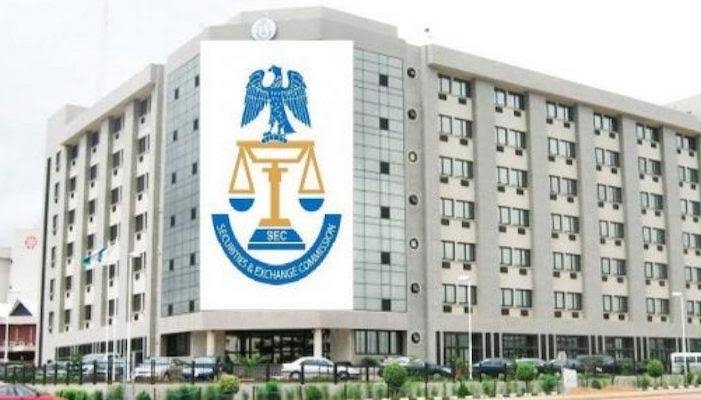The financial sector is experiencing notable changes, particularly with banks focusing on raising more capital.
This process aims to strengthen their stability and has generated significant interest from investors, as reflected in the strong demand for shares from several banks.

The Director-General of the Securities and Exchange Commission (SEC), Dr. Eromomotimi Agama, stated that the five banks that sought to raise fresh capital were oversubscribed.
The Oversubscribed Banks
Bloomberg published this update on Monday after an interview in Lagos.
“The banks that came to the market are fully subscribed and even oversubscribed,” Agama said.
Following the Central Bank of Nigeria’s directive on new capital requirements, five Nigerian banks—Guaranty Trust Holdings Plc, Zenith Bank Plc, Access Holdings Plc, Fidelity Bank Plc, and FCMB Group Plc – approached the market to raise funds through public offers and rights issues.
Raising Capital
In the last two months, these banks raised approximately ₦1.26 trillion ($770 million) to meet the Central Bank’s requirements.
This fresh capital was raised ahead of the two-year deadline set by the regulator.
Agama also noted a growing trend among younger investors embracing the capital market.
“Young people are beginning to embrace the market, and we’re excited about it. We want to ensure domestic investors, particularly, are more involved in the market,” he stated
Capital Market Role In Development
In July, the SEC approved NGX Invest, a digital platform initiated by the stock exchange.
People Also Read: Online Transactions: Banks IT Modernisation Project In Unexpected Delays
Banks used this platform to present their share offers and attract younger investors.
At a stakeholder programme themed “Financing the Future in Nigeria” organised by the International Finance Corporation and Milken Institute in Lagos, Agama expressed that the capital market is underutilised in addressing the country’s significant infrastructure deficit.
He explained that the capital market had the potential to mobilise funds for various sectors of the economy, which could help finance Nigeria’s infrastructure needs if more awareness was created.
“We have the capacity. The debt market in Nigeria has not been fully explored.
“It’s because people are not aware, and that is why we are out there informing them about the capital market. The market is the barometer of any economy,” he said.
Funding It’s Capital Market
Agama emphasised that Nigeria had the ability to fund its capital market.
“To achieve the goal of mainstreaming the capital market into the national economy, we need to address our immense infrastructure needs.
“With 36 states and the FCT requiring funds for roads, healthcare, airports, education, and agriculture, we are looking beyond $50 billion to tackle this infrastructure deficit,” he added.
He concluded that “the President of the Federal Republic of Nigeria, Bola Tinubu, has tasked us with growing a one-trillion-dollar economy.
“That is possible—through the capital market, the mining sector, the oil and gas industry, construction, housing, and development.
“If you consider the amount of funding required to achieve this, you’ll realise it is possible. ‘No’ is not an answer for us in the capital market because it is achievable”.

